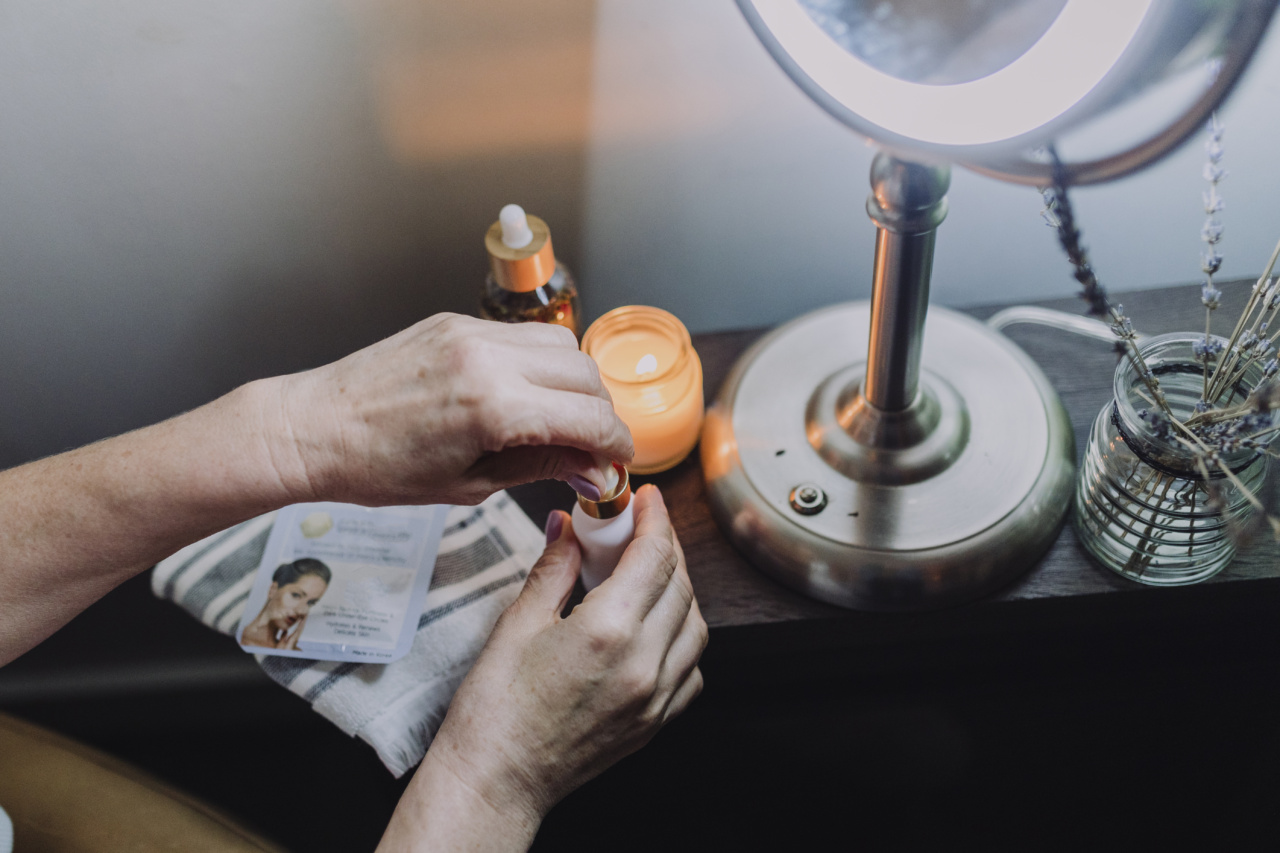Anxiety is a common mental health condition that affects millions of people worldwide. It can manifest as excessive worrying, panic attacks, and heightened stress levels, making it difficult for individuals to lead a balanced and fulfilling life.
While there are many medications available to treat anxiety, some individuals prefer to explore natural remedies to manage their symptoms.
1. Exercise Regularly
Physical activity is not only essential for your overall well-being but also for managing anxiety. When you exercise, your body produces endorphins, which are natural mood lifters.
Regular exercise can reduce stress hormones, alleviate anxiety symptoms, and promote a sense of relaxation. Aim for at least 30 minutes of moderate aerobic activity, such as walking, jogging, or dancing, most days of the week.
2. Practice Deep Breathing
Deep breathing exercises can help calm your mind, slow down your heart rate, and reduce tension. One effective technique is diaphragmatic breathing, also known as belly breathing.
Sit or lie down comfortably, place one hand on your chest and the other on your abdomen. Breathe in deeply through your nose, feeling your abdomen rise, then exhale slowly through your mouth, allowing your abdomen to fall. Repeat this several times, focusing on the sensation of your breath.
3. Try Herbal Remedies
Several herbal remedies have been used for centuries to relieve anxiety symptoms. These include:.
– Chamomile: Known for its calming properties, chamomile can help reduce anxiety and promote better sleep. Enjoy it as a tea or take it in supplement form.
– Lavender: The scent of lavender has a soothing effect on the mind and body. You can use lavender essential oil in a diffuser or add a few drops to your bathwater.
– Valerian root: Often used as a sleep aid, valerian root may also help reduce anxiety. Take it in capsule form or as a tincture.
4. Prioritize Sleep
Inadequate sleep can exacerbate anxiety symptoms, so it’s crucial to prioritize quality sleep. Establish a consistent bedtime routine to signal to your body that it’s time to rest.
Create a calming sleep environment, free of distractions and electronic devices. Consider using earplugs, an eye mask, or a white noise machine if you have trouble falling asleep or staying asleep. Additionally, avoid caffeine and stimulating activities close to bedtime.
5. Practice Mindfulness and Meditation
Mindfulness and meditation techniques can help you focus on the present moment, interrupt anxious thoughts, and promote relaxation. Find a quiet space where you can sit comfortably and begin by focusing on your breath.
With each inhale and exhale, observe the sensations in your body, letting go of any racing thoughts. You can also try guided meditation apps or classes to help you develop a regular practice.
6. Maintain a Healthy Diet
What you eat can play a role in managing anxiety. Certain nutrients and foods have been linked to reduced anxiety symptoms:.
– Omega-3 fatty acids: Found in fatty fish, walnuts, and flaxseeds, omega-3s have been shown to decrease anxiety levels.
– Foods rich in magnesium: Magnesium is known to promote relaxation and reduce anxiety. Incorporate leafy greens, nuts, seeds, and whole grains into your diet.
– Avoid excessive caffeine and sugar: Both caffeine and sugar can contribute to feelings of anxiety and energy crashes. Opt for herbal teas and natural sweeteners instead.
Remember that natural remedies may not work the same for everyone, and it’s crucial to consult with a healthcare professional before making any changes to your treatment plan.
While these natural remedies can complement anxiety management, they may not be sufficient for severe cases.





























